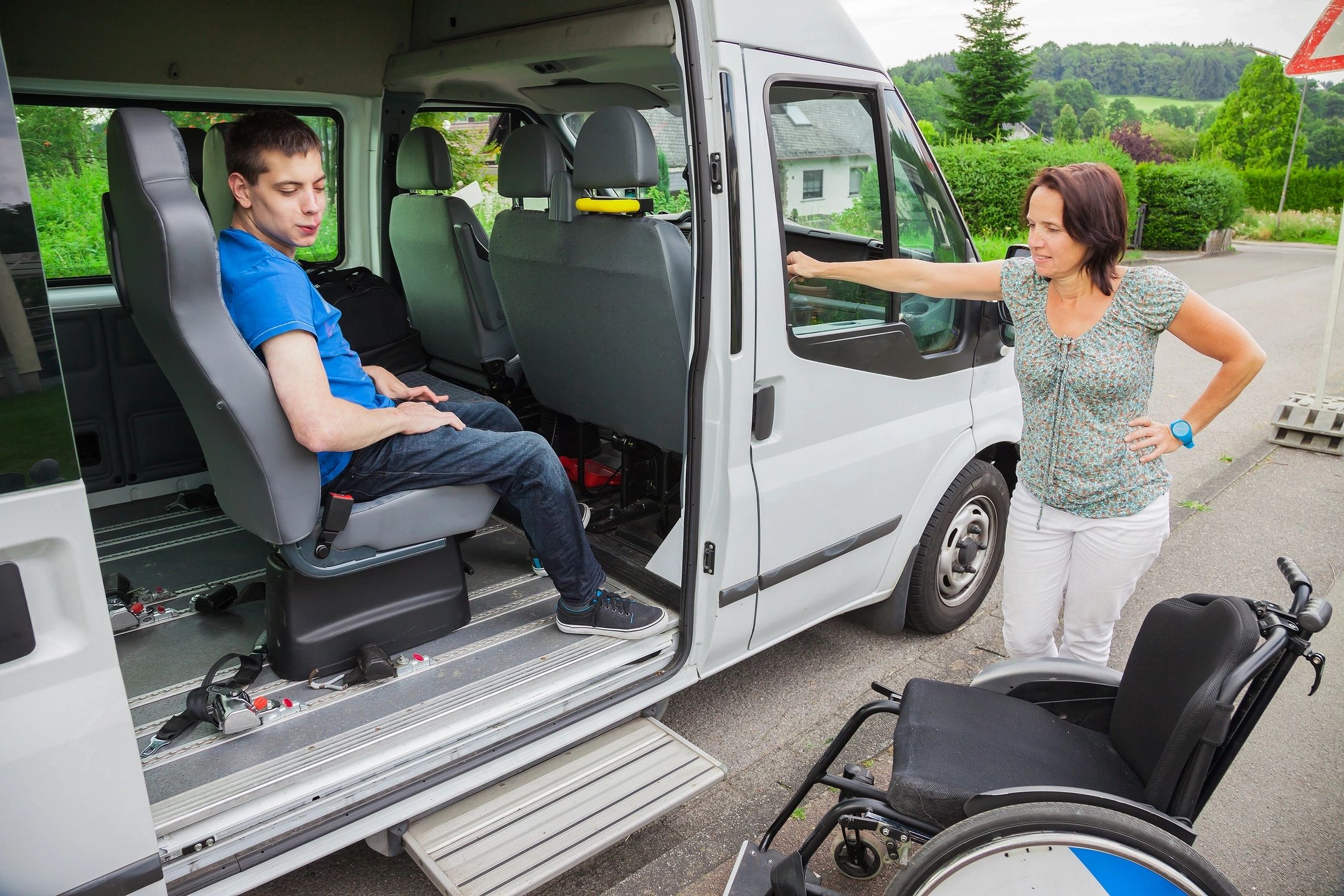Embracing Diversity as a Family Blog #11: Chapter 9. Ableism – Value in His Sight

And the King will answer them, ‘Truly, I say to you, as you did it to one of the least of these my brothers, you did it to me’ (Matthew 25:40).
I do not know if this is based on a quote I heard or it just came to mind, but all humans, from the time of their conception through their death determined by the Creator, including those who are physically or mentally challenged, have value as Almighty God’s image-bearers.
Always a capable student both mentally and physically, I had great confidence in my abilities to play any sport with girls or boys, do little homework but test in the top percentile, and participate fully with other children and adults in anything that interested me whether art, music, mechanics, or outdoor activities such as fishing and hunting. The rest of my family, friends, and neighbors were also capable in most things. I did not think about people with disabilities because, in my childhood, I was not around people who had to deal with such challenges. It is not that I did not have compassion for people less capable than me, it was just that I was ignorant of their existence and naive to their struggles. During my youth, disadvantaged people only existed on the pages of National Geographic magazine or were homeless veterans gathered downtown begging near the building where my Dad’s law office was situated. They were not real to me as actual people in my everyday life.
I remember exactly where I was standing in the dining area of my childhood home when I called my younger sister a “retard” for doing something I thought was stupid, even moronic. My Mom was nearby in the kitchen, heard our squabbling, and came immediately to scold me with, “Don’t ever use that degrading word again or you will spend your free time with me volunteering at the Institute!” Mom was not one to be debated with, so I skulked off to my room after her totally appropriate, stern warning.
I recently discussed with my Mom her volunteer work at the Wichita Institute of Logopedics, now called Heartspring. Founded in 1934 by Dr. Martin Palmer, it was a pioneering, one-of-a-kind facility for helping children with special needs by working with their strengths to overcome their deficits. The small original classroom at Wichita State University, became a sprawling campus on Wichita’s east side for both day and residential treatment. Eventually, the Institute became a model of hope for children with special needs (and their families) to include them in society at every level — instead of being isolated by being “put away” for life — with a worldwide reputation, even unto India and China.
Mom shared with me how she started there as a volunteer while my siblings and I attended our public schools each day. Some of her duties included playground supervision, helping move students with a variety of disabilities to their appointments on-campus, even chasing down children with autism who ran off the campus and into danger of which they were unaware. Eventually, she became the facilitator for a large capital improvement campaign, working with the Wichita titans of business and industry to finance the fundraiser. My Mom became my role model and mentor for understanding that “the least of these” need our compassion and assistance on a variety of levels as we are capable and willing to serve them.
In previous generations, institutionalizing a child with severe disabilities was the recommendation after their birth allowed “defects” to be seen and medically known. My childhood friend, Lisa, had a “profoundly mentally retarded” (a phrase commonly used in the 1960s) younger sister. Her godly parents refused to “put her away” as was suggested to them. Once I met and befriended this special family, their determination to include Lynn in their private lives at home, and sometimes public lives at church, had a profound impact on me. If I recall correctly, she attended the Institute of Logopedics as a day student. Professionals told Lynn’s parents that she would not live into adulthood. Now in her early 60s, she lives in a group home not far from my friend’s own home in Billings, Montana, since both of their parents have passed away. She has a high quality of life and God’s plan for Lynn continues, despite her profound mental and physical disabilities. She is an image-bearer of God, and He is Sovereign over her life.
Many parents today, given the option during gestation when potential birth defects are first tested for, choose to terminate a pregnancy for such a child as Lynn. The nation of Iceland prides itself on having the lowest known number of Down syndrome children in the world, which at this point I believe is zero. They test for birth defects in utero, then abort (murder) any infants who test positive. How sad. How evil! Unbelievers, and some Christians, do not have the conviction to realize that God has a plan for each person He creates. Even Dr. Suess wrote in, Horton Hears a Who, that, “a person’s a person no matter how small.” Just because we don’t understand God’s purpose for a “less-than-perfect” tiny or grown human, does not mean we should thwart His plans for their earthly life.
[Chapter continues in the book.]
Here is the Amazon link for Embracing Diversity as a Family: Preparing the Next Generation to Flourish.

